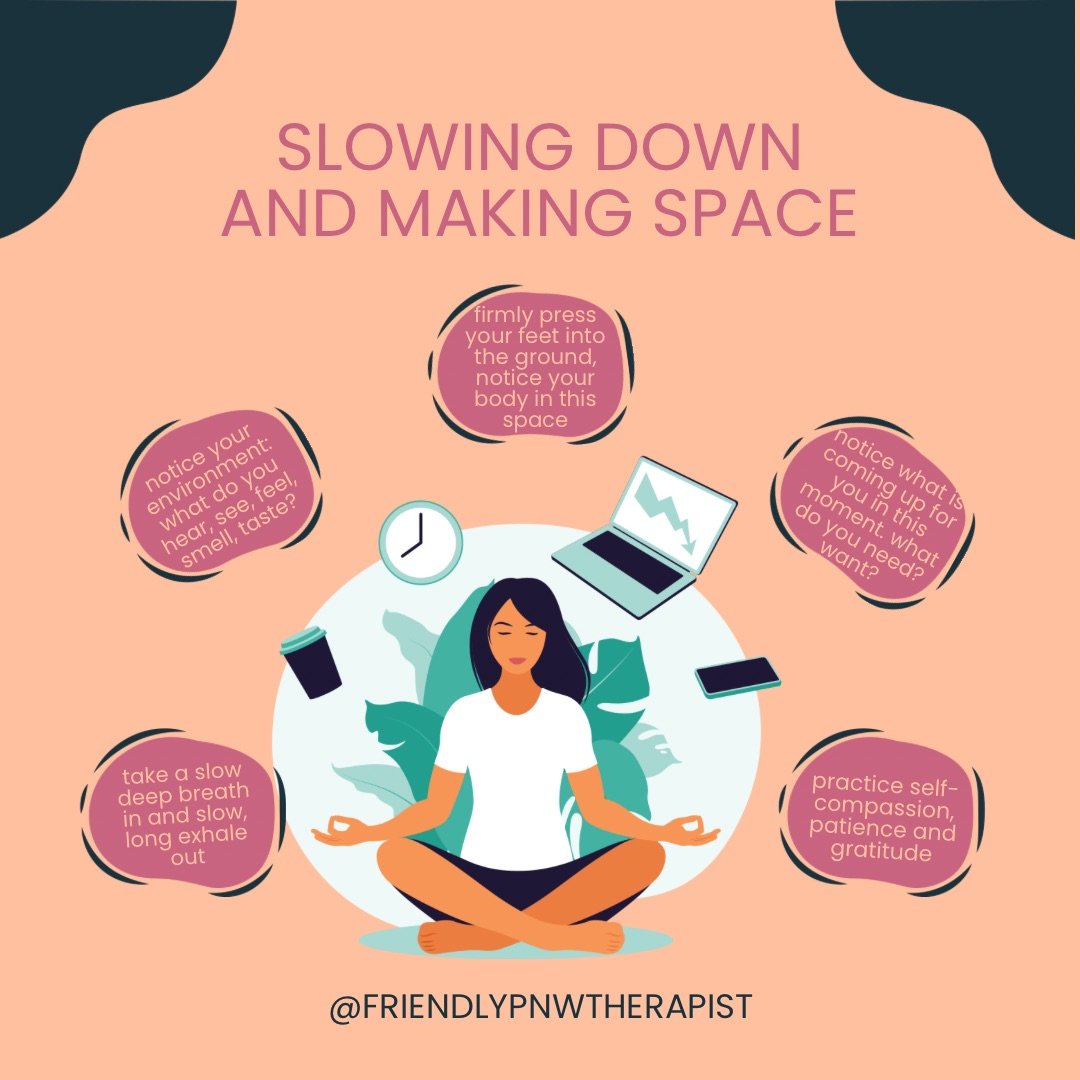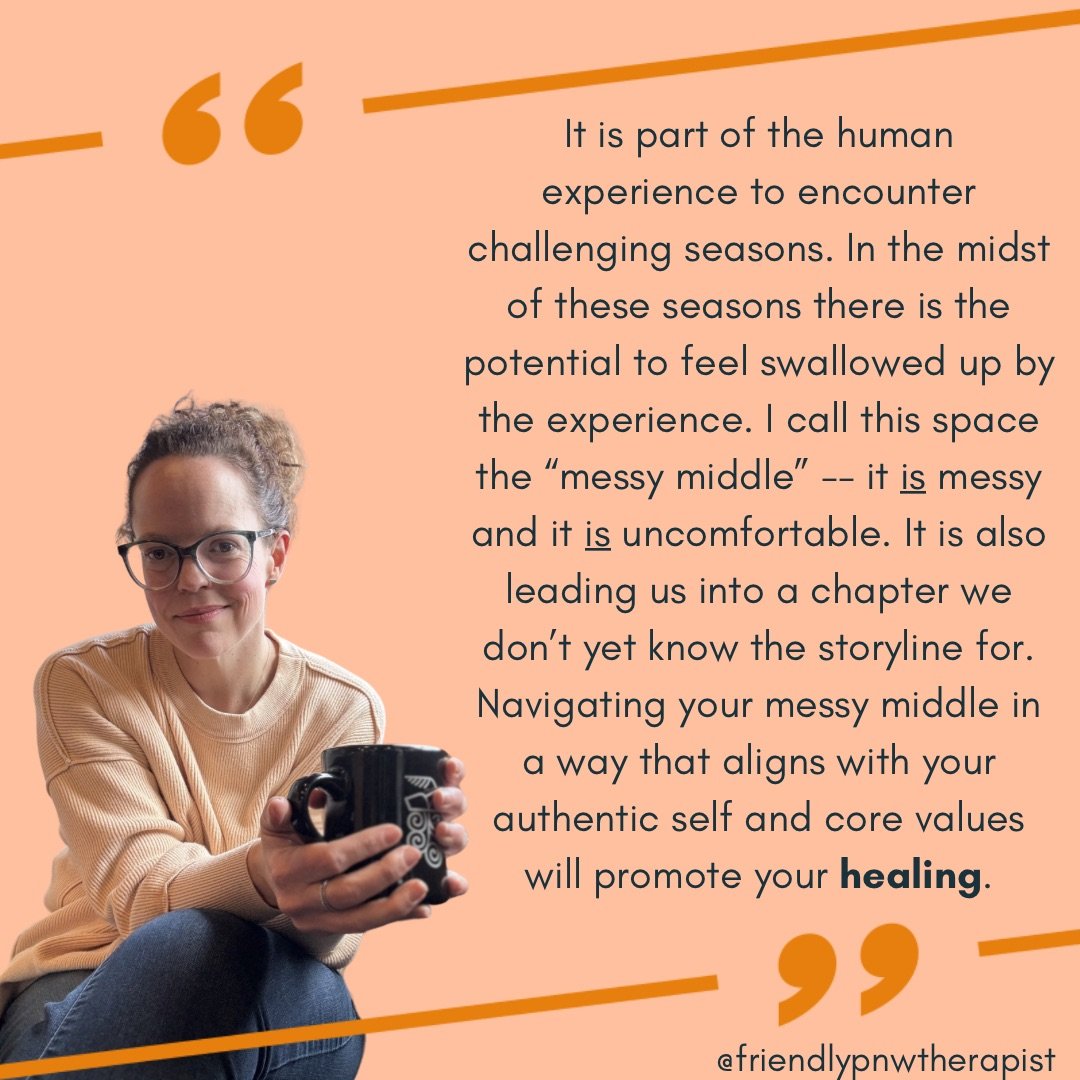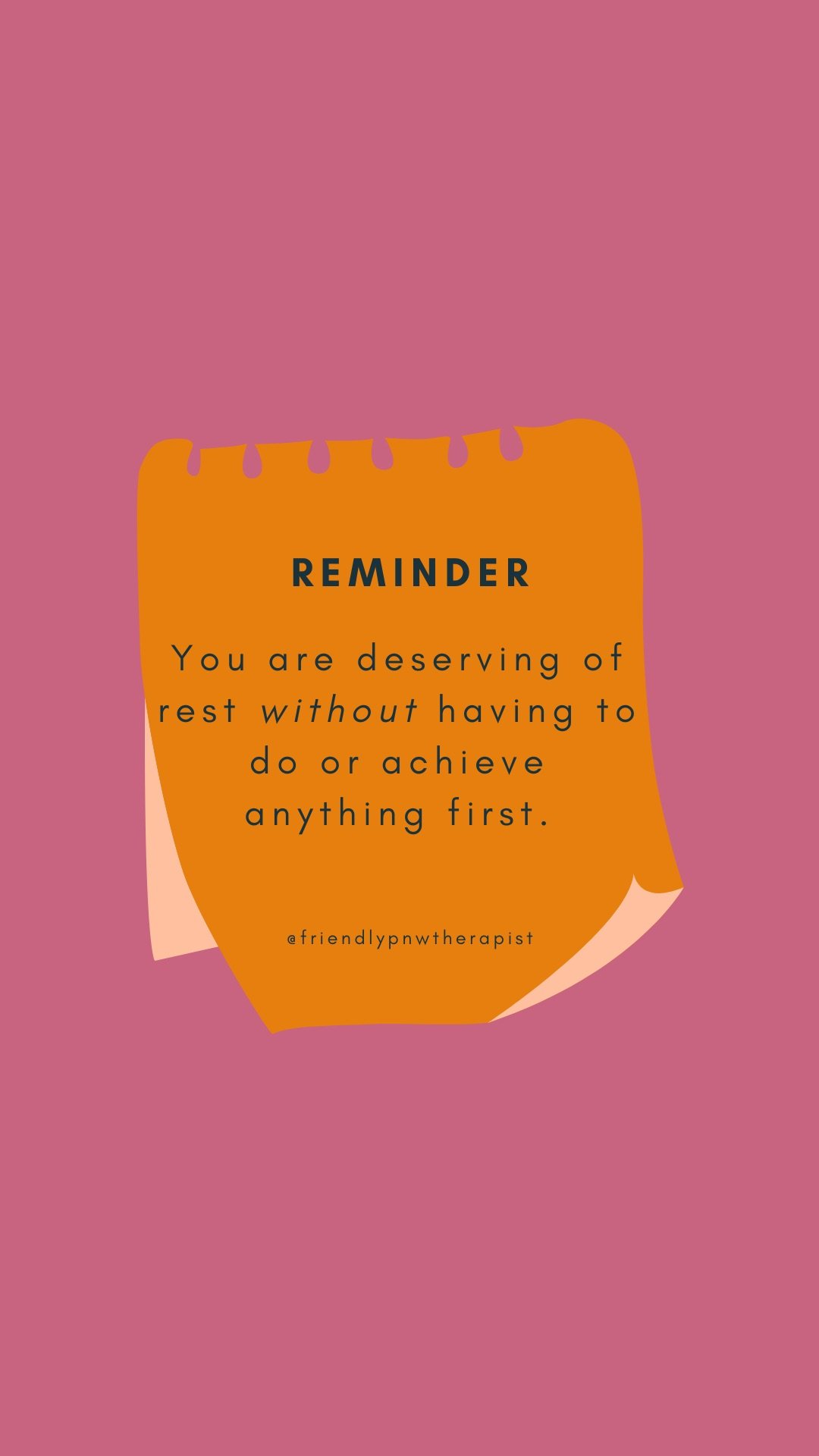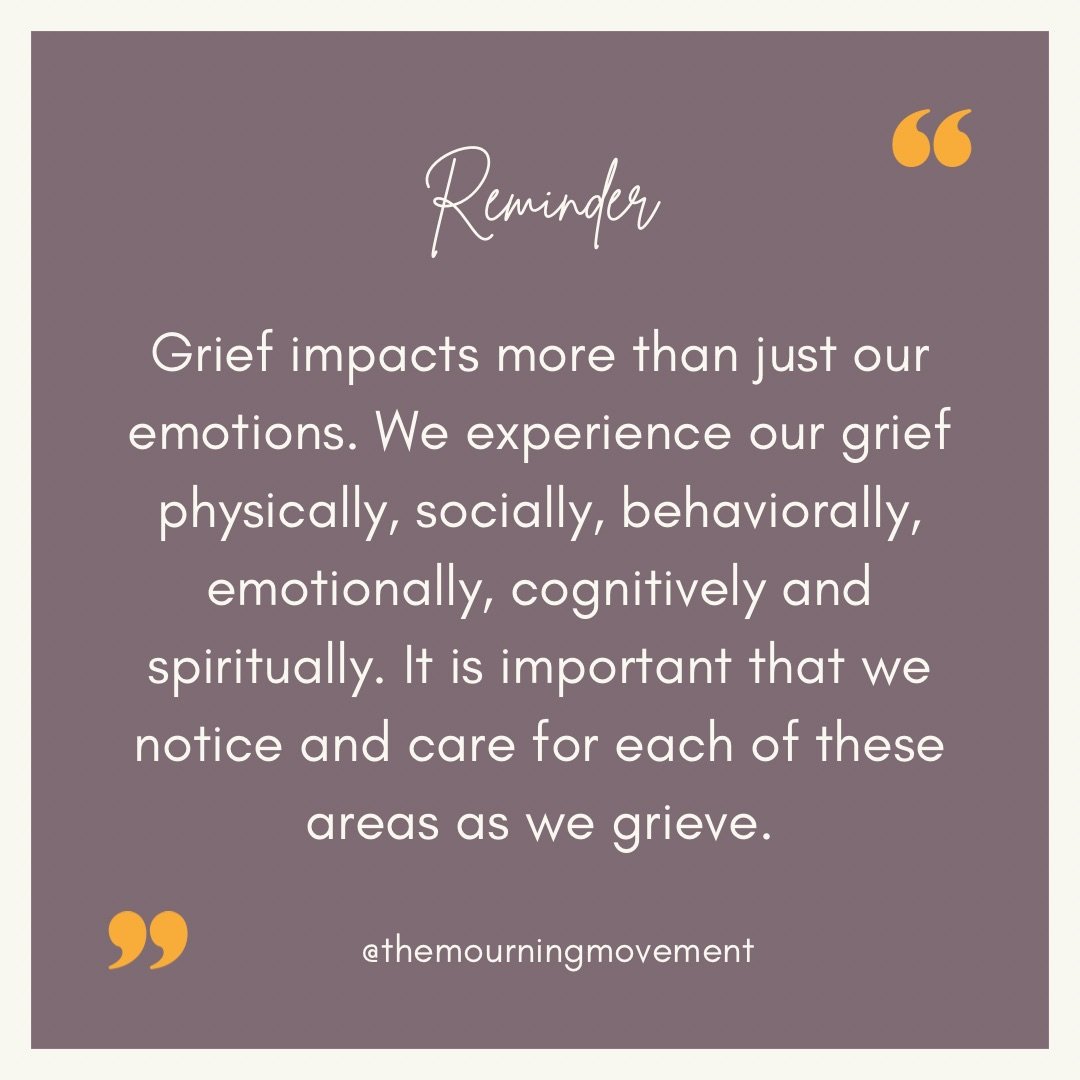Contact Jen Reisinger, Licensed Therapist, Grief and Perinatal Mental Health Specialist in Gig Harbor
I look forward to connecting. I believe that feeling like you “click” is critical in therapy, and for this reason I offer free 15 minute introductory calls to all prospective clients. This is a great way for clients to determine how working together might feel, ask any questions and go over logistics.
Please reach out in the way that works best for you:
Contact Information
jen@reisingercounseling.com
425-967-2629 (call/text)
5800 Soundview Drive, Building B, Gig Harbor, WA 98335
Therapy for the messy seasons in life.
I provide therapy that meets you where you are with warmth, deep expertise, and a grounded, no-nonsense approach. Whether you’re navigating grief, the transitions of motherhood, or the complexities of adulthood or adolescence, I offer a safe space to explore your pain, your growth, and your next steps.
Grief & Loss
Grief touches every part of our lives, and no two grief experiences are the same. I bring over a decade of experience supporting individuals and families through life-limiting illness, miscarriage, infant and child loss, and other deeply painful life transitions. My background includes years of work in hospice and hospital settings, where I’ve walked alongside people of all ages and backgrounds through both anticipated and traumatic loss.
In our work together, we’ll honor your grief without judgment. We’ll also explore how loss impacts not just your emotions, but your relationships, identity, body, and sense of the future. You don’t have to figure this out alone.
Transition to Motherhood & Perinatal Mental Health
As a certified Perinatal Mental Health Specialist (PMH-C), I specialize in supporting individuals and families through fertility challenges, pregnancy and infant loss, and the profound transition to parenthood. I regularly work with new mothers and caregivers navigating postpartum experiences that include:
Postpartum depression and anxiety
Postpartum rage or irritability
Identity shifts and emotional overwhelm
Relationship and communication challenges
Motherhood is transformative—and it can also be disorienting, exhausting, and lonely. Our work will focus on helping you reconnect with yourself, build support, and make space for both your love and your limits.
EMDR Therapy
Eye Movement Desensitization and Reprocessing (EMDR) is a powerful, evidence-based therapy designed to help people heal from trauma, anxiety, and overwhelming life experiences. Unlike traditional talk therapy, EMDR works with the brain’s natural healing processes to help reprocess distressing memories and reduce the emotional intensity connected to them.
In my practice, EMDR is often a game-changer for clients feeling stuck—especially in the aftermath of grief, birth trauma, medical experiences, or early life wounds. It allows us to address the root of the pain, not just the symptoms.
EMDR can be especially helpful when clients say things like:
“I know it’s over, but I still feel like I’m stuck in it.”
“I’ve talked about it so many times, but I still carry the same weight.”
“I can’t make sense of how much this is affecting me.”
If you're ready to move through your pain (not around it) EMDR may be a powerful next step in your healing.
Therapy Intensives
Sometimes, weekly therapy just isn’t enough, especially when you’re navigating deep grief, a major life transition, or feeling stuck in old patterns that won’t budge. That’s where therapy intensives come in.
A therapy intensive is a focused, extended session (or series of sessions) designed to dive deeper into the heart of what you’re carrying. Whether you’re processing a loss, exploring your identity, or working through trauma, intensives offer dedicated time to make meaningful progress—without the stop-and-start of traditional weekly therapy.
During a grief-focused therapy intensive, for example, we’ll look at how your loss is impacting you across every area of life (not just emotionally, but physically, mentally, socially, and spiritually as well). We’ll explore your unique “grief fingerprint,” identify what’s complicating your healing, and work together to build clarity, self-trust, and space for what comes next.
Intensives may be a good fit if:
You feel stuck and want to make more progress, faster
You're facing a big decision or transition
You’re managing grief, trauma, or anxiety that feels all-consuming
Your schedule doesn’t allow for weekly therapy but you want to do meaningful work
Therapy intensives are tailored to your goals and needs, and can include EMDR, grief processing, nervous system support, and values-based work. Whether you’re looking for a reset, a jumpstart, or a deeper layer of healing, intensives offer the time and space to go there.



















